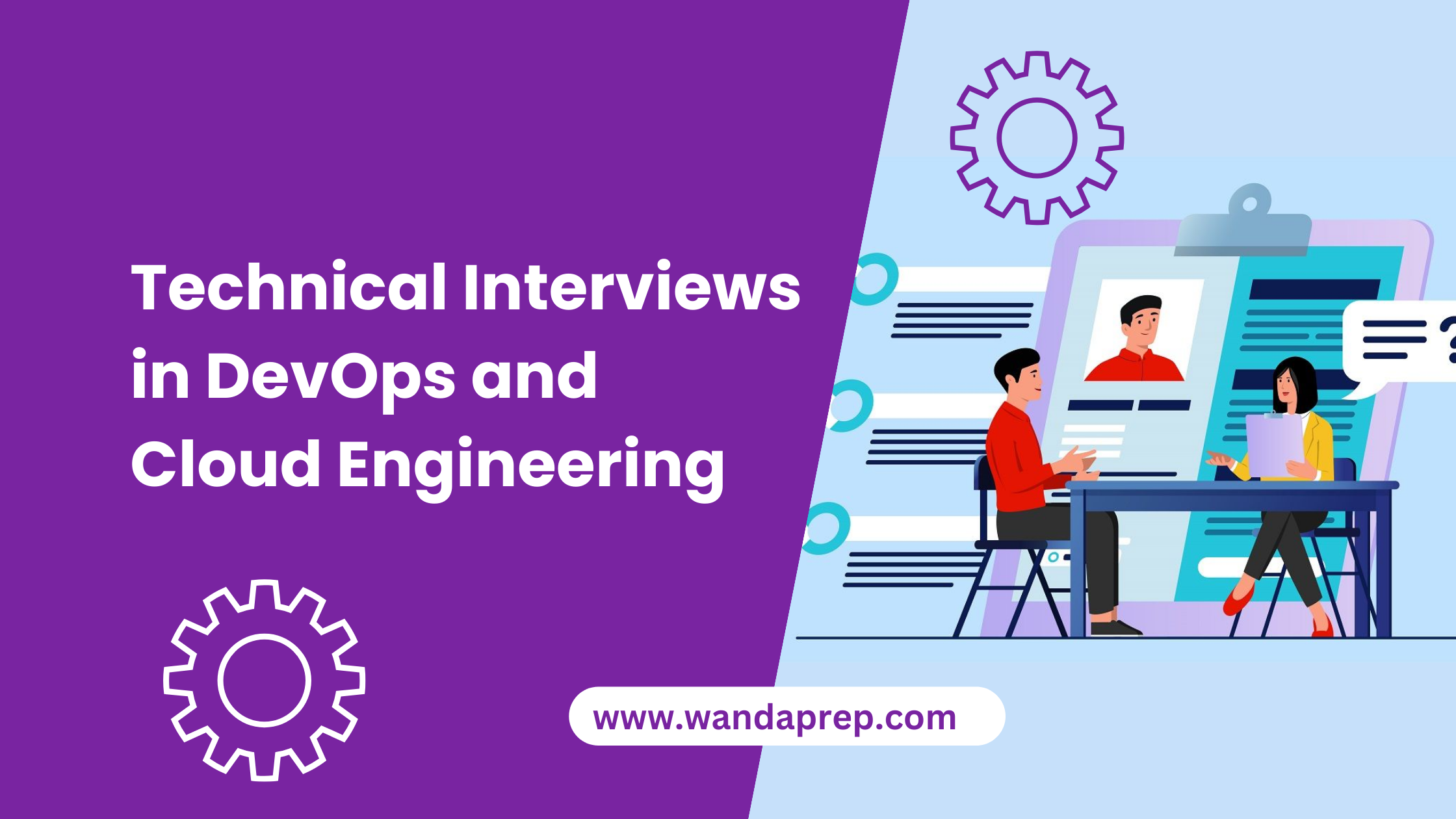
Introduction
In the fast-paced and competitive landscape of the tech industry, technical interviews play a pivotal role in the hiring process for DevOps and Cloud Engineers. These interviews are designed to assess not only the candidate’s technical skills but also their problem-solving abilities, creativity, and adaptability. As such, mastering the art of the technical interview is essential for aspiring professionals in these fields.
The demand for skilled DevOps and Cloud Engineers continues to rise, leading to a surge in the number of applicants vying for coveted positions at top companies. In this highly competitive environment, being well-prepared for technical interviews can make all the difference.
This comprehensive guide aims to equip DevOps and Cloud Engineers with the knowledge and strategies needed to navigate technical interviews successfully. From understanding the interview process to effectively demonstrating technical competence, this guide will provide valuable insights and practical tips to help you excel in your next technical interview.

Understanding the Technical Interview Process
The technical interview process for DevOps and Cloud Engineering roles typically consists of several distinct stages, each designed to evaluate different aspects of a candidate’s capabilities. Understanding these stages is crucial for candidates to prepare effectively and perform at their best.
Breaking Down the Stages
The technical interview process often begins with a screening interview, followed by technical assessments, whiteboard challenges, and in-depth discussions with hiring managers and potential team members. Each stage serves a specific purpose in assessing the candidate’s technical proficiency, problem-solving skills, and cultural fit within the organization.
Common Types of Technical Interview Questions
DevOps and Cloud Engineering candidates can expect to encounter a variety of technical interview questions that assess their knowledge of cloud platforms, automation tools, infrastructure as code, networking, security, and more. These questions may encompass coding exercises, system design scenarios, troubleshooting challenges, and theoretical inquiries related to best practices in scalable and resilient infrastructure.
Understanding the types of questions that may arise during technical interviews is essential for thorough preparation and confidence in tackling the challenges ahead.
By gaining insights into the structure and nature of technical interviews, candidates can approach each stage with a clear understanding of what to expect and how to effectively showcase their skills and expertise.
Preparing for the Technical Interview
Preparing thoroughly for a technical interview is paramount for DevOps and Cloud Engineers aiming to make a lasting impression on potential employers. This preparation goes beyond simply brushing up on technical concepts and requires a multifaceted approach.
Researching the Company and its Tech Stack
Understanding the specific tech stack and infrastructure of the company you’re interviewing with is crucial. Familiarizing yourself with the tools, technologies, and cloud platforms the organization utilizes can demonstrate your genuine interest and preparedness, setting you apart as a well-informed candidate.
Practicing Technical Skills
DevOps and Cloud Engineering roles often involve complex problem-solving, coding, and system design. Therefore, consistent practice is essential. Engaging in coding challenges, system design exercises, and mock technical interviews can sharpen your skills and boost your confidence when facing similar challenges during the actual interview.
Mastery of Cloud Platforms and Automation Tools
Proficiency in cloud platforms such as AWS, Azure, or Google Cloud, as well as automation tools like Terraform, Ansible, or Chef, is highly valued in DevOps and Cloud Engineering roles. Demonstrating expertise in these areas through hands-on experience and in-depth knowledge can significantly enhance your candidacy.
By diligently preparing for the technical interview and covering these essential aspects, you can approach the interview process with confidence and readiness to showcase your skills effectively.

Navigating Behavioral Interviews
In addition to assessing technical skills, many technical interviews for DevOps and Cloud Engineering roles include behavioral interview components. These segments aim to evaluate a candidate’s soft skills, communication abilities, and cultural fit within the organization.
Significance of Behavioral Questions
Behavioral questions provide insight into how candidates approach challenges, collaborate with teammates, and handle real-world scenarios. Employers seek to understand a candidate’s problem-solving approach, adaptability, and interpersonal skills through these questions.
Tips for Effective Responses
Responding to behavioral questions requires thoughtful and structured answers that highlight experiences and outcomes. Utilizing the STAR (Situation, Task, Action, Result) method can help structure responses, providing clear and compelling examples of past experiences that demonstrate relevant skills and qualities.
Showcasing strong communication, teamwork, leadership, and conflict resolution abilities through behavioral questions can significantly enhance a candidate’s overall performance in the technical interview process.
By understanding the significance of behavioral interviews and mastering the art of effective responses, candidates can present themselves as well-rounded professionals capable of excelling in both technical and interpersonal aspects of their roles.
Demonstrating Technical Competence
Effectively communicating technical knowledge and experience is essential for DevOps and Cloud Engineers during the interview process. Candidates must showcase their expertise in a compelling manner to leave a lasting impression on potential employers.
Strategies for Effective Communication
Articulating complex technical concepts in a clear and concise manner is crucial. Using real-world examples, case studies, and practical scenarios can help convey technical competence effectively. Additionally, demonstrating a deep understanding of industry best practices and emerging technologies can further validate a candidate’s expertise.
Value of Real-World Examples
Highlighting real-world projects, accomplishments, and challenges can provide tangible evidence of a candidate’s technical competence. Sharing success stories related to infrastructure optimization, automation implementation, or system resilience can serve as powerful demonstrations of capability.
Emphasizing Industry Relevance
Staying abreast of industry trends, best practices, and emerging technologies is vital for DevOps and Cloud Engineers. Discussing how one’s skills align with the current and future needs of the industry can position candidates as valuable assets to prospective employers.
By employing these strategies and emphasizing the practical application of their technical knowledge, candidates can effectively demonstrate their competence and expertise during technical interviews.
Handling Whiteboard Challenges
Whiteboard coding and system design challenges are common components of technical interviews for DevOps and Cloud Engineering roles. Navigating these challenges requires a combination of technical prowess, problem-solving skills, and effective communication.
Approaching Whiteboard Challenges
When faced with whiteboard challenges, it’s important for candidates to approach the problem methodically. Breaking down the problem into smaller components, considering edge cases, and discussing trade-offs can demonstrate a structured and analytical approach to problem-solving.
Tips for Maintaining Composure
Maintaining composure during whiteboard sessions is crucial. Candidates should vocalize their thought process, ask clarifying questions, and engage in a dialogue with the interviewer. This not only showcases problem-solving skills but also provides insight into the candidate’s ability to collaborate and communicate effectively.
Articulating Thought Processes
Effectively articulating one’s thought process is key to success in whiteboard challenges. Clear and logical explanations of code, system architectures, and decision-making can elucidate a candidate’s problem-solving approach and critical thinking abilities.
By employing these strategies and maintaining composure, candidates can navigate whiteboard challenges with confidence and showcase their technical and communication skills effectively.
Conclusion
In conclusion, excelling in technical interviews for DevOps and Cloud Engineering roles requires a multi-faceted approach that encompasses technical proficiency, effective communication, and a thorough understanding of the interview process.
Key Takeaways
- Comprehensive Preparation: Thorough research, technical skill practice, and mastery of cloud platforms and automation tools are essential for success.
- Behavioral Interview Readiness: Understanding the significance of behavioral questions and mastering the art of effective responses can enhance overall performance.
- Effective Communication: Articulating technical competence, leveraging real-world examples, and emphasizing industry relevance can leave a lasting impression.
- Whiteboard Challenge Navigation: Systematic problem-solving, composure, and clear articulation of thought processes are crucial for navigating whiteboard challenges.
By embracing these strategies and insights, candidates can approach technical interviews with confidence, preparedness, and the ability to effectively showcase their skills and expertise.
For more assistance on a Career in DevOps and Cloud including interview preparation, Visit Wandaprep today!
